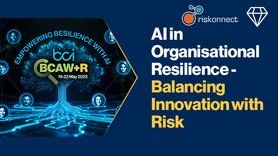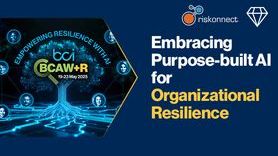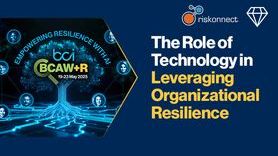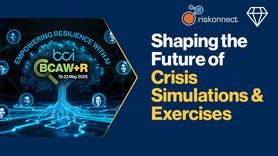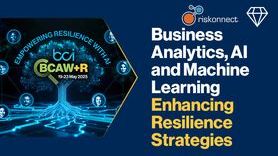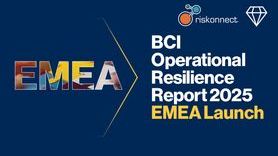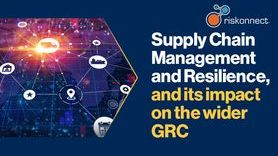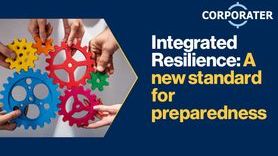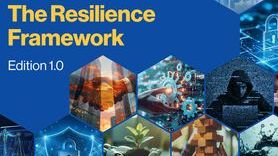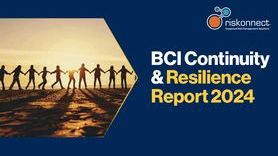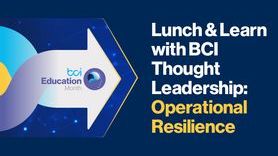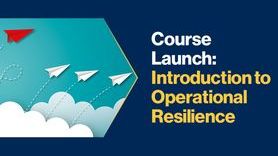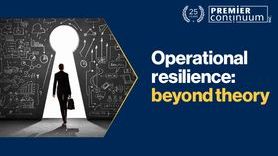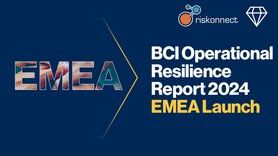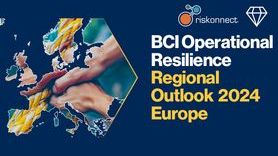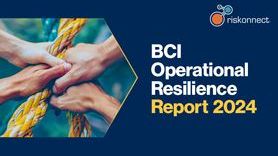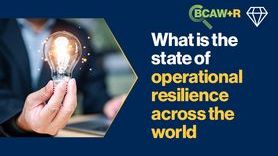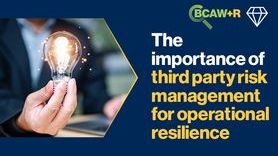Community Resilience Volunteer Week (CRVW) - Modebola Anne Olowu
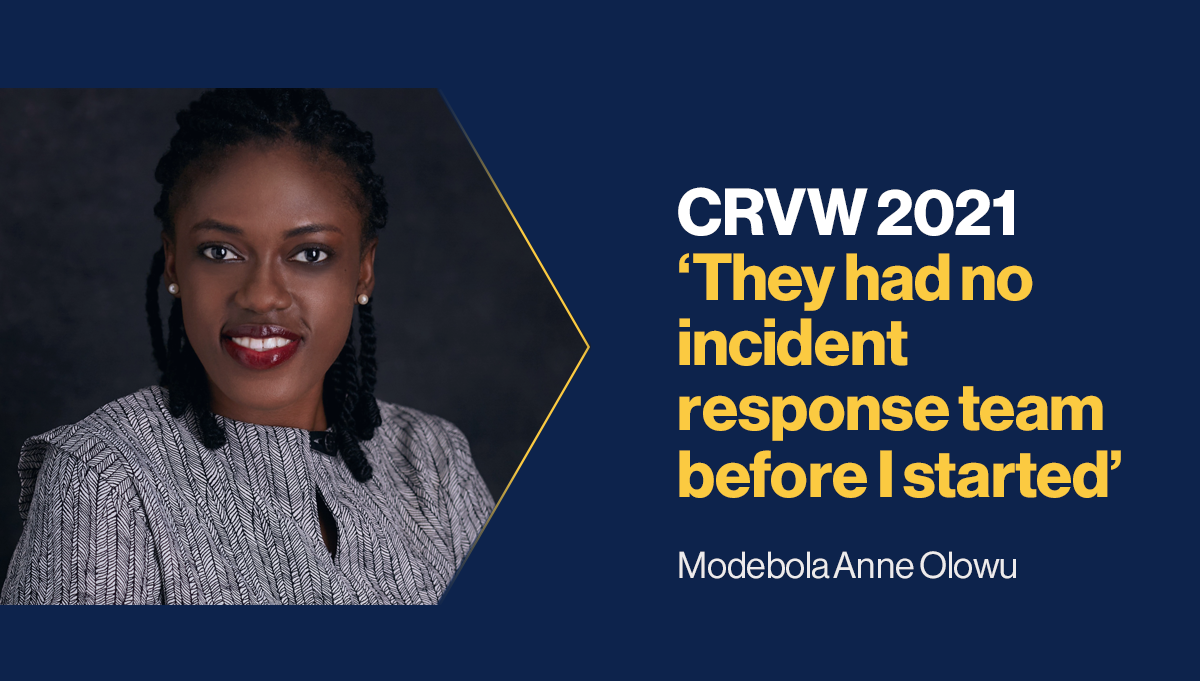
BCI Member Modebola Anne Olowu volunteers with an NGO based in South Sudan, creating a resilience plan in a country with the highest possible security risks for NGOs and aid workers
With no active resilience plan in place, in a country with one of the highest security risks, any NGO with a reactionary approach to risk management would be prone to major threats. Campaigning for peace, food and shelter; The Organization for Peace, Relief and Development aims to uplift the livelihoods of rural dwellers, as well as protect their basic human rights. But, if they were faced with major disruptions, how would they continue to offer these vital services to the community they aim to protect?
South Sudan’s security remains volatile in a country which Sudan’s own Prime Minister has warned is at risk of ‘chaos an civil war’. Weapons and crime are rife as a result of poverty which makes it extremely difficult for NGOs to operate in. Although the number of targeted attacks on aid workers has recently started to reduce; for aid workers, Sudan is one of the most dangerous environments in the world.
Modebola told me, “Initially they did not have an incident response team, so they are conquering the pandemic as we speak and they have gone through a lot of struggles and they are still standing”.
Risks they face quite frequently can be anything from internet and power outages or even threats to human life. Modebola was informed just the week before she started that they had an internet outage, which took them three days to rectify. In this instance, there was no plan, just reaction.
This fire brigade approach created a challenge for Modebola, introducing BCMS to an NGO with no BC knowledge, or previous resilience planning.
She started with producing the organizations first business continuity statement and throughout the rest of the week planned exercises to assess their risk. This includes mock audits and a call tree test. The call tree test was a preparation test where Modebola gave the OPRD team a time limit, to contact their entire team to monitor how quickly they can respond in a crisis. None of the team could be aware of the day the test would be. She says despite if they fail the test or pass, the test is for them to improve on their communication, especially in an emergency response. With a basic plan, Modebola believes that she can help the company staff understand how to react in an instance of crisis.
Initially before agreeing to work with the organization, she had a discussion with the staff before starting. They admitted they needed a defense strategy to deal with working in such a volatile environment. In this instance, Modebola discusses the fact that there should be an awareness on how to become a more resilient person. Becoming aware of your environment and understanding the risks around you, she believes is highly important. She plans to touch on this during the last BCMS awareness session. She goes on to say, “They had no incident response team before I started. That’s huge for me!”
Most staff members had been in OPRD for longer than two years and all shared a common answer when asked why they worked within this organization. Their simple response was, “We want to serve the community”. It was this response which made OPRD such an easy choice for her to volunteer for Community Resilience Volunteer Week.






